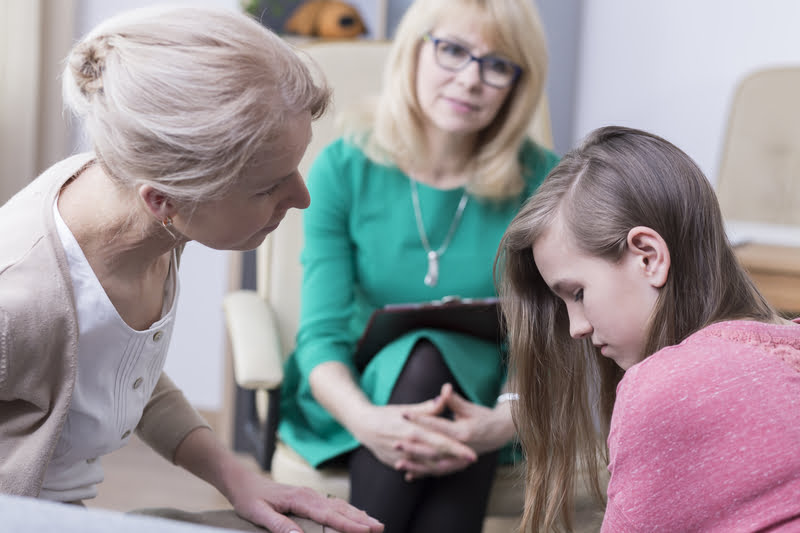Since 1968, citizens requiring local, fast, and efficient medical care for physical emergencies can get the help they need simply by dialing 911. While this three-digit hotline number is today a given, for the nearly 60 million people in the US struggling with mental illnesses it might not be enough to access specialized emergency mental healthcare.
Responding to the needs highlighted during the National Mental Health Awareness Month just ended, and in an effort to curb all-the-more-frequent mental health crises, California is now introducing 988, a new mental health hotline dedicated to improving access to psychiatric care. Here’s how it will work.
What Is the New 988 Mental Health Hotline?
As mental health disorders and suicide rates continue to climb, delivering fast and specialized mental health treatments is more important than ever – and, in the event of a crisis, it can save lives.
But, while the mental health epidemic rages on, the state of California has no plans to just sit back and watch. As of July 16, Californians who require emergency mental health care and treatments will be able to dial 988 and access immediate, professional, and customized psychiatric care.
How Will the 988 Mental Health Hotline Work?
The $20-million 988 statewide call center, which has been introduced in an effort to curb anxiety and depression rates and save lives, will work similarly to 911 but, instead of focusing on delivering medical care, it will be dedicated to helping people access psychiatric help.
The purposely-created call centers have the resources necessary to identify an ongoing mental health crisis, pinpoint underlying causes, and deliver emergency treatments.
The emergency response hotline will also have the responsibility to manage the influx of calls and redirect callers towards more appropriate services, including emergency rooms, hospitals, psychiatric clinics, or law enforcement offices.
The Need for Mental Health Hotlines and Emergency Mental Health Care
The prevalence of mental health disorders has reached an all-time high across all states, and the effects of the pandemic have done nothing but exacerbate the ongoing current epidemic.
Over the past years, suicide has become one of the leading causes of death in the US – especially among citizens between 10 and 44 years old, causing nearly 50,000 deaths a year.
What’s more, chronic conditions like anxiety and depression have jumped by over 25% just during the first lockdown, affecting mostly young adults and continuing to rise at a vertiginous rate.
In California, 1.2 million people experience mental illnesses, ranking among the states with a higher prevalence of mental disorders and lower rates of access to psychiatric care.
As of today, the lack of an emergency phone line dedicated to delivering psychiatric care leaves nearly 20% of the US adult population short of life-saving care. So, the introduction of the new 988 hotline is certainly a long-awaited one, but it is only the first step towards providing citizens with the mental health support needed.
Accessing Local and Specialized Mental Health Services in California: What You Need To Know
While the National Suicide Prevention Lifeline (the current 988 hotline) has been around since 2005, estimates suggest that between 10 and 15% of calls in California remain unanswered due to a lack of resources.
In turn, even if the new 988 hotline aims to provide statewide support to every single caller, a lot is still in the hands of local, specialized mental health centers. For example, in areas where the prevalence of mental health illnesses is highest, such as in the Greater Bay Area, relying on local mental health treatment in South Bay and emergency care, can represent the ultimate safety net for individuals experiencing a crisis.
Ultimately, California has taken the first, essential steps toward providing better, more affordable, and more efficient emergency mental health care. But it is important to understand that, in many cases, crises can be avoided through long-term customized psychiatric care – which is only just becoming more easily accessible for at-risk individuals across the nation.
Photo 101035642 © Katarzyna Bialasiewicz | Dreamstime.com

